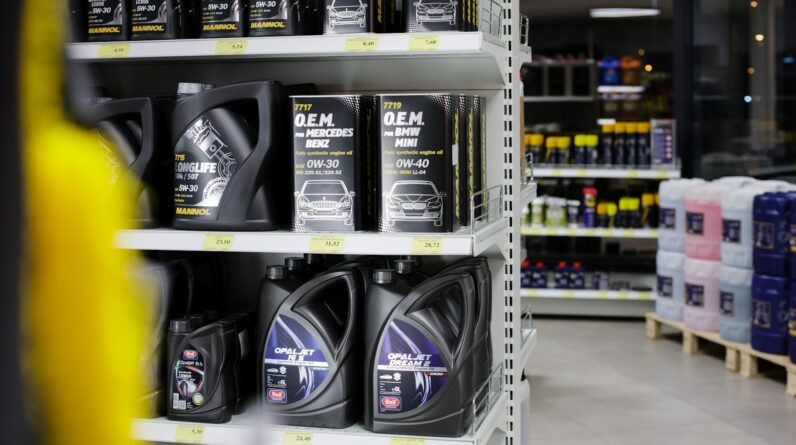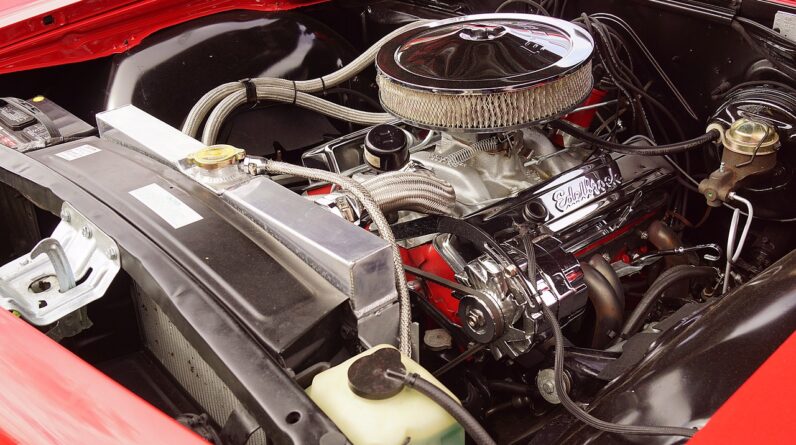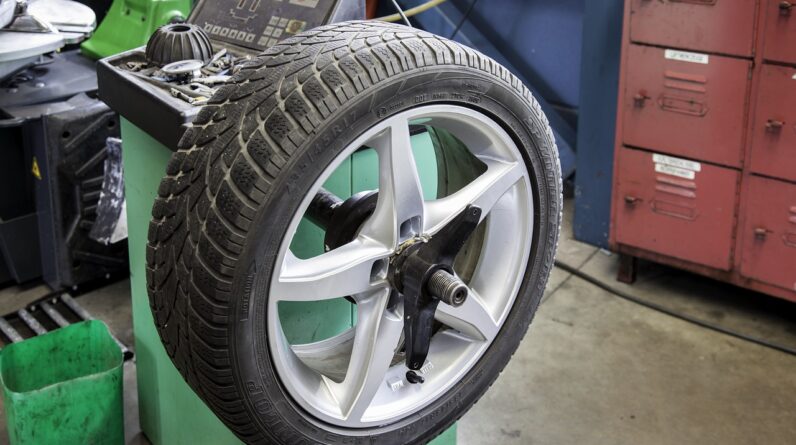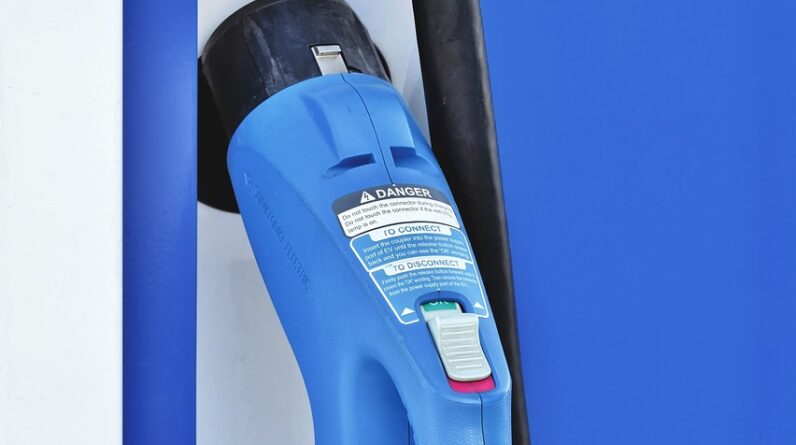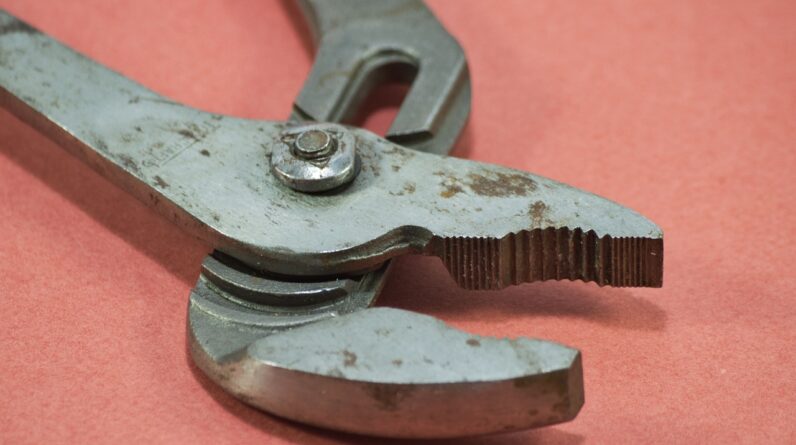
Discover essential tools for DIY car maintenance that every car owner should have. Save money and gain confidence while caring for your vehicle.
Have you ever thought about how much money we could save on car maintenance by doing it ourselves? When we take our vehicles for repairs or routine checks, the costs can quickly add up. By having the right tools on hand, we can tackle many common maintenance tasks without breaking the bank.
Understanding the Basics of DIY Car Maintenance
Before we jump into the essential tools, it’s important to grasp the basic concepts of DIY car maintenance. Many of us might feel intimidated by the idea of working on our vehicles, but with the right tools and knowledge, we can gain confidence and truly understand our cars.
DIY maintenance can include simple tasks like changing oil, replacing air filters, and rotating tires. With a little practice, we can maintain our vehicles effectively, prolong their lifespan, and even improve their performance.
Must-Have Hand Tools for Car Maintenance
Having a solid set of hand tools is critical for any DIY car maintenance. These tools will help us tackle a variety of tasks with ease and ensure we are prepared for almost any job that comes our way.
Wrenches
Wrenches are essential for any car owner. They come in various sizes and types, but we should focus on a few key types:
- Open-end and Box-end Wrenches: These allow us to grip nuts and bolts securely. They come in a variety of sizes, so having a complete set is ideal.
- Adjustable Wrench: This versatile tool can be adjusted to fit various sizes, making it perfect for quick jobs.
- Ratchet Wrench: A ratchet wrench saves time when we’re working in tight spaces, allowing us to tighten or loosen bolts quickly without needing to reposition the tool constantly.
Sockets
Sockets work hand-in-hand with wrenches, offering another level of accessibility and convenience. When we need to work on engine components or remove heavy parts, sockets make it much easier.
| Type of Socket | Description |
|---|---|
| Standard Sockets | Commonly used for general maintenance and repairs. |
| Deep Sockets | These have more depth, making them ideal for bolts that extend deeper into parts. |
| Spark Plug Sockets | Designed specifically for removing and installing spark plugs. |
Screwdrivers
Every car owner needs a good set of screwdrivers. They come in various sizes and types, which can include:
- Flat-head Screwdriver: Great for simple tasks.
- Phillips-head Screwdriver: Often used for electrical components and interior panel removals.
- Magnetic Tip Screwdrivers: These can make it easier to retrieve screws that fall into tight areas.
Pliers
Pliers can be incredibly handy for gripping, twisting, and cutting. Here are a few types we should consider adding to our tool kit:
- Needle-nose Pliers: Useful for reaching into tight spaces.
- Slip-joint Pliers: Perfect for gripping and turning various shapes and sizes.
- Wire Cutters: Essential for any electrical repairs or modifications.

Power Tools for the Modern Car Owner
In addition to hand tools, having some power tools can make our DIY maintenance tasks significantly easier and faster. While we may not need to invest in a full suite, a few key power tools can enhance our capabilities.
Electric Impact Wrench
This tool is a game changer when it comes to removing and installing lug nuts. It saves us time and effort, and it’s especially useful when we need to change a tire quickly.
Air Compressor
An air compressor comes in handy for inflating tires and powering certain pneumatic tools. With an air compressor, we can ensure our tires are properly inflated and ready for the road.
Cordless Drill
A cordless drill is invaluable for various tasks, including installing new parts. Its versatility allows us to drill holes, drive screws, and even work on interior projects, making it a worthy investment.
Essential Maintenance Supplies
Having the right tools is key, but we also need to stock up on essential supplies for effective DIY maintenance.
Motor Oil
Choosing the right motor oil is critical for the health of our engines. Regular oil changes prevent engine wear and ensure smooth operation. Keep a few quarts on hand, along with an oil filter, for easy changes.
Filter Replacements
Filters are essential for maintaining the cleanliness of our engine and ensuring proper air and fluid flow. Here’s a list of filters we should keep on hand:
| Type of Filter | Purpose |
|---|---|
| Oil Filter | Keeps contaminants out of the engine oil. |
| Air Filter | Prevents dirt and debris from entering the engine. |
| Cabin Air Filter | Ensures clean air inside the vehicle cabin. |
Brake Fluid
Brake fluid is crucial for proper braking performance. It’s essential to monitor this fluid regularly and keep a bottle on hand for any emergencies or swaps.
Coolant
Maintaining the right coolant levels prevents engine overheating. We should use the coolant recommended by our vehicle manufacturer to maintain optimal performance.
Battery Maintainer
For those of us with vehicles that may sit for extended periods, a battery maintainer ensures that our battery stays charged and ready to go. This can be especially handy for classic car owners or seasonal vehicles.

Safety Gear for DIY Maintenance
Safety should always be a priority when we’re working on our cars. By having the proper safety gear, we can protect ourselves from potential hazards.
Safety Glasses
Protecting our eyes while working on vehicles is crucial. Safety glasses will shield us from debris, chemicals, and any unexpected situations that may arise.
Gloves
Wearing gloves can protect our hands from oils, chemicals, and sharp objects. We recommend using nitrile gloves, which offer great dexterity and protection.
Mechanics’ Overalls
Wearing mechanics’ overalls keeps our regular clothes clean and offers protection against scratches and oil stains. Plus, they usually have convenient pockets for those small tools we frequently need at arm’s reach.
Specialty Tools for Comprehensive Maintenance
Sometimes, we’ll encounter specific issues that require more specialized tools. Investing in a few of these can make complex tasks much easier.
Torque Wrench
A torque wrench ensures that bolts are tightened to the manufacturer’s specifications. This tool is essential when working on engines and suspensions, as improper torque can lead to serious issues down the line.
OBD-II Scanner
An OBD-II scanner is a diagnostic tool that can help us understand any error codes generated by our vehicle’s computer. This is beneficial for troubleshooting issues and can save us money on unnecessary visits to the mechanic.
Tire Pressure Gauge
Maintaining proper tire pressure is key for safe driving. A reliable tire pressure gauge enables us to check our tire pressure quickly and easily, ensuring our tires are always at optimal levels.
Oil Filter Wrench
Changing the oil is one of the most common DIY tasks, and having an oil filter wrench makes it straightforward. This specialized tool simplifies removing the often-tight oil filter, making regular oil changes a breeze.

Building Our Tool Collection Over Time
For those of us who are just beginning our DIY journey, it’s completely understandable to feel overwhelmed by the thought of purchasing every tool at once. We recommend starting with the basics and gradually expanding our toolkit as we gain experience.
Consider budgeting for tools over a few months, purchasing one or two at a time. As we grow more comfortable and confident in our skills, we can invest in additional tools and specialty items based on our specific needs.
Keeping Our Tools Organized
Having a well-organized tool area can enhance our DIY experience, allowing us to find what we need when we need it.
Tool Boxes and Chests
Investing in a sturdy toolbox or tool chest can keep our tools safe and organized. Look for options with compartments to separate various tools and supplies, making it easy to grab what we need.
Wall Organizers
Setting up wall organizers for frequently used tools can save space and make it easier to access our essential gear. A pegboard can hold tools of all sizes and types, ensuring everything is visible and within reach.
Maintenance Log
Keeping a log of our maintenance tasks and the tools we used can prove helpful as we become more familiar with our vehicle’s needs. This log can help us track upcoming service requirements and any tools that may need replacing.

Conclusion: Empowering Ourselves with Car Maintenance Knowledge
By investing in the right tools and supplies, we empower ourselves to take charge of our car maintenance. Not only do we save money, but we also gain valuable knowledge and skills that can deepen our connection with our vehicles.
As we embark on this DIY journey, let’s remember that patience and practice are key. We may not always get it right the first time, but with each task, we build our confidence and competence. Here’s to many successful maintenance projects on the road ahead!


